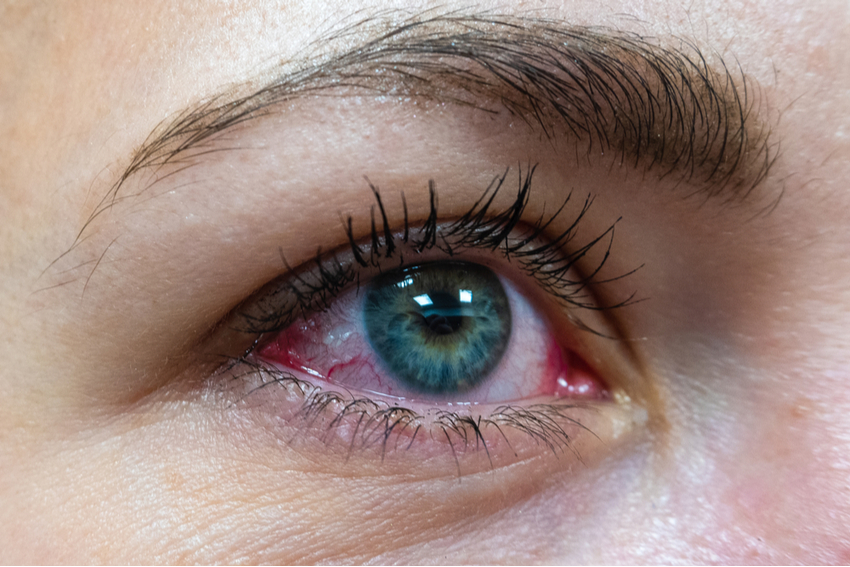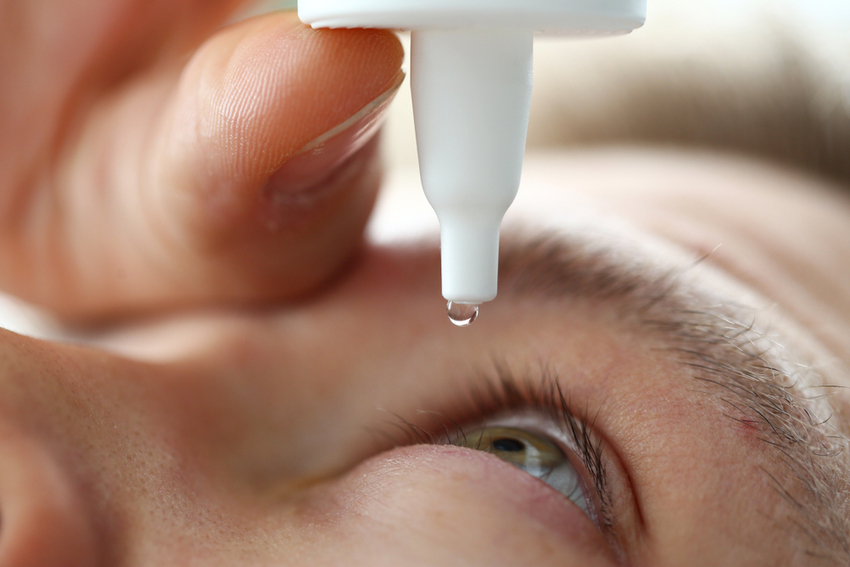Seasonal allergies and your eyes
The sunshine may have most people feeling more energized but if you have seasonal allergies, it can be a different story. Puffy, red and irritable eyes can take the fun out of enjoying summertime. However, there are treatments available. Before we look at how to relieve pollen allergy symptoms, it helps to know what causes seasonal allergies and which signs to look out for.
What causes seasonal allergies?

Seasonal allergies are caused by allergens that are more prevalent in the environment during certain seasons of the year. They include pollen from ragweed, grass, flowers and trees.
When these allergens touch your body, for example the surface of your eye, they are seen as foreign particles. Your body then alerts your immune system to act by attaching antibodies to these particles. Normally, antibodies tell your immune system, specifically your mast cells, to attack harmful particles. But in the case of allergy, your mast cells go into overdrive even though the allergens are not harmful. This results in a host of unpleasant symptoms.
What eye symptoms should you look out for?

The most common pollen allergy symptoms are red, itchy eyes. If these symptoms persist, you may also experience watery or mucous discharge from your eyes.
How can you reduce your symptoms?
The best way to alleviate these issues is to avoid the allergens that trigger your symptoms. This can be easier said than done as these allergens are often floating around in the air. Avoiding outdoor areas where these allergens are more concentrated is ideal but if this isn’t possible, wearing wraparound sunglasses can reduce the exposure of your eyes to allergens.
When at home or in your car, close the windows and turn on the air conditioning. For pollen allergies, it is especially important to do this in the morning and early afternoon when pollen levels are at their highest.
If you wear contact lenses, you may want to consider switching to glasses when its allergy season as contact lenses can further irritate your eyes and trap allergens. Alternatively, use daily disposables, instead of weekly or monthly lenses, as these are discarded every day and so are less likely to accumulate allergens.
Cold compresses placed on your closed eyes can also provide some immediate and temporary relief.
There are also other treatments you can try if symptoms persist, including oral antihistamines and eye drops.
What are the best eye drops for allergies?

Choosing the best eye drops for allergies depends on your specific symptoms and lifestyle. You should therefore always consult your Optometrist, especially if you wear contact lenses, to find out which are most appropriate for you.
Eye drops currently available include:
- preservative-free artificial tears
- antihistamine eye drops
- mast cell stabilizer eye drops
- combined antihistamine and mast cell stabilizer eye drops
- steroid eye drops (in extreme cases)
If you still have questions about seasonal allergies and your eyes, or your symptoms are persistent please contact Dr Bruce Coward & Associates, your Optometrists in Ontario, to speak to one of our experienced staff.

